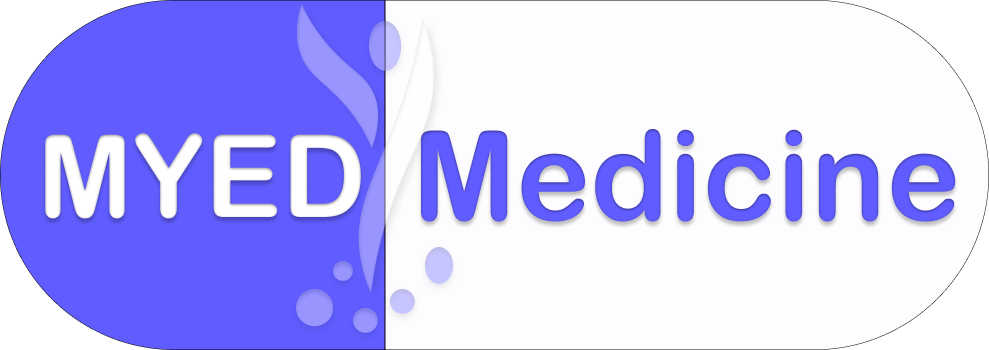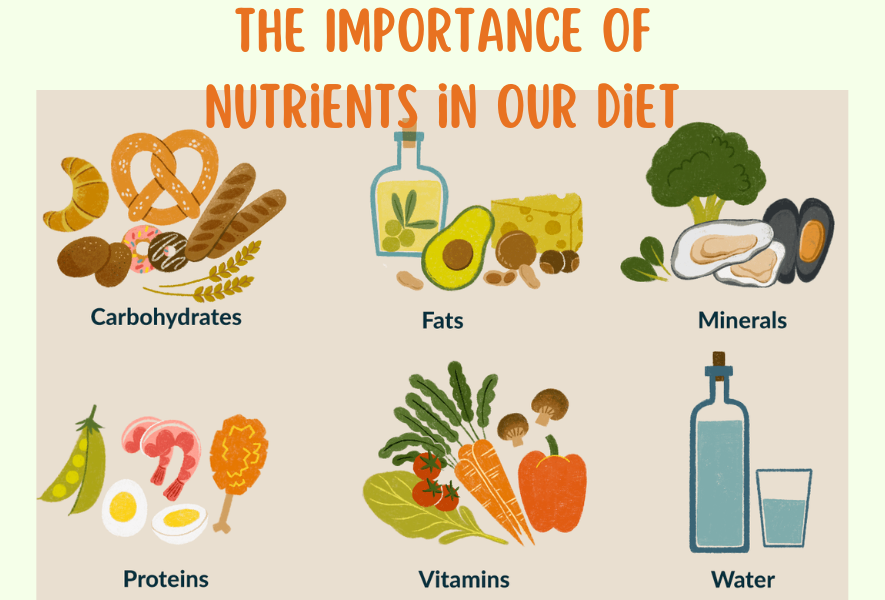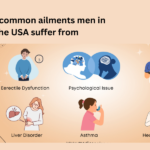Every time we consume a meal, we often consider its taste, aroma, and presentation. However, beyond these sensory pleasures lies the intricate world of nutrients, the vital components that nourish our body and sustain life.
Understanding the role of nutrients in our diet is crucial not just for fitness enthusiasts but for everyone who aims to lead a healthy lifestyle. In this blog, we will delve into the significance of nutrients in our diet and how to ensure that we are getting the right balance.
Moreover, a balanced intake of essential nutrients can also support overall sexual health, potentially mitigating issues like erectile dysfunction in men, which can be influenced by various factors including diet and overall health. Some useful medicine for Erectile Dysfunction Cenforce 200, Sildalist 120, Kamagra oral jelly
What are Nutrients?
Nutrients are substances that the body requires to grow, repair, and function correctly. They are the building blocks of life, giving us energy, supporting our growth, and aiding in the prevention of diseases. They can be broadly classified into two categories: macronutrients and micronutrients.
Macronutrients:
These are nutrients required by the body in larger amounts. They include:
Proteins: Essential for tissue repair, muscle building, and producing enzymes and hormones.
Carbohydrates: The primary source of energy for the body. They can be simple (like sugars) or complex (like fiber and starches).
Fats: They play a pivotal role in hormone production, nutrient absorption, and protecting vital organs.
Micronutrients:
These are nutrients required in smaller amounts, yet they play a significant role in maintaining good health. They include vitamins and minerals. For instance, Vitamin D aids in calcium absorption, and iron is essential for transporting oxygen throughout the body.
The Relationship between Nutrients and Diet
Our diet is essentially the sum of what we consume. To maintain good health and optimal functioning, our diet needs to be balanced with the right proportion of both macro and micronutrients. Here’s how:
Diversity is Key: Consuming a diverse range of foods ensures that we get various nutrients. This means including a mix of proteins, carbohydrates, and fats, as well as a plethora of vitamins and minerals in our diet. A rainbow plate, filled with fruits and vegetables of different colors, often indicates a nutrient-rich meal.
Mindful Eating: Instead of being driven by taste alone, pay attention to the nutrient content of your meals. This doesn’t mean you have to compromise on taste. It simply means being aware of what you’re consuming and choosing more nutrient-dense options when possible.
Stay Hydrated: Water may not provide nutrients in the traditional sense, but it’s essential for almost every function in the body. It aids in digestion, absorption, and transportation of nutrients.
Making Informed Choices
As we become more aware of the importance of nutrients, it’s essential to make informed choices. Here are some ways to ensure you’re getting the right nutrients:
Read Nutrition Labels: This will help you understand the nutrient content in packaged foods. Look for options low in added sugars, sodium, and unhealthy fats.
Opt for Whole Foods: Processed foods often come with additives and preservatives that can detract from their nutritional value. On the other hand, whole foods like fruits, vegetables, whole grains, lean meats, and dairy tend to be more nutrient-dense.
Limit Empty-Calorie Foods: Some foods and drinks offer calories with little to no nutritional benefit, like sugary sodas, candies, and most fast foods. Limiting these can make a huge difference in your overall nutrient intake.
The Takeaway
Nutrients are the unsung heroes of our health and well-being. Every bite we take is an opportunity to nourish our bodies. By understanding the significance of nutrients and making informed dietary choices, we can ensure a life that is not just long but also strong and vibrant.
Remember, every individual is unique, and so are their nutritional needs. It’s always a good idea to consult with a nutritionist or healthcare provider to design a diet that suits your personal requirements. In the end, a balanced diet is not about strict limitations but more about fueling your body with the right nutrients, feeling great, and optimizing your health.



